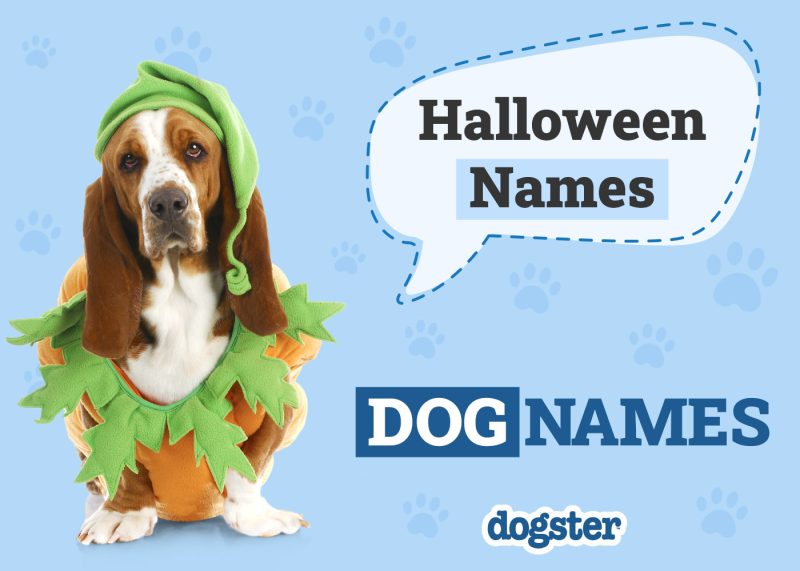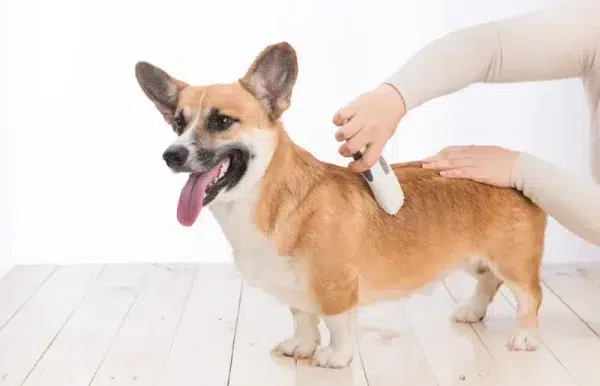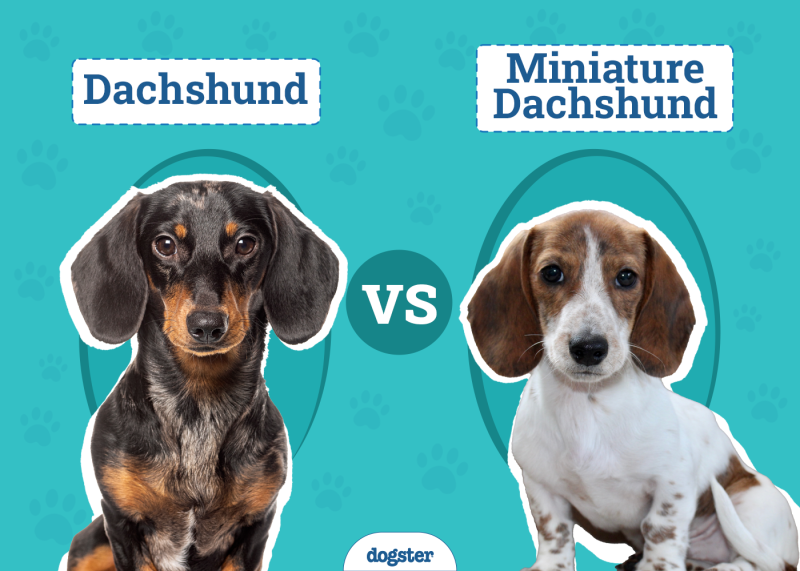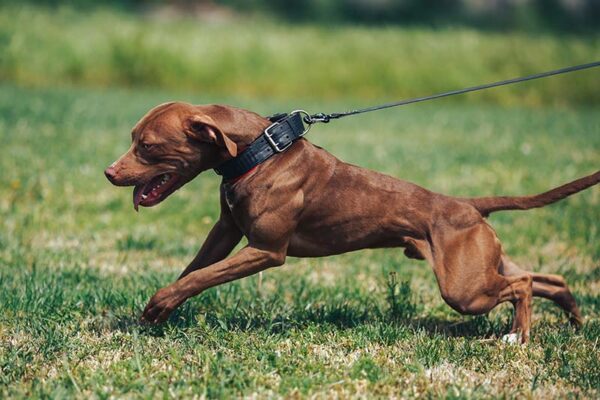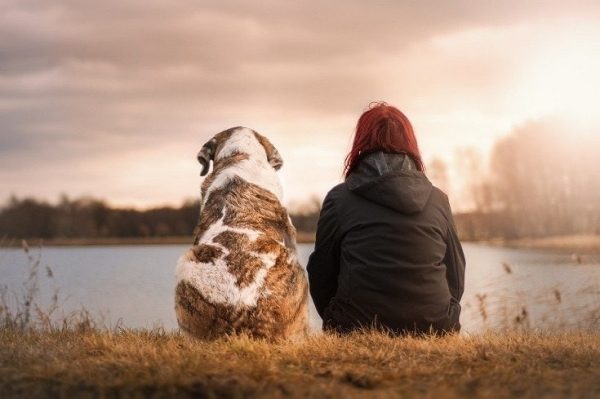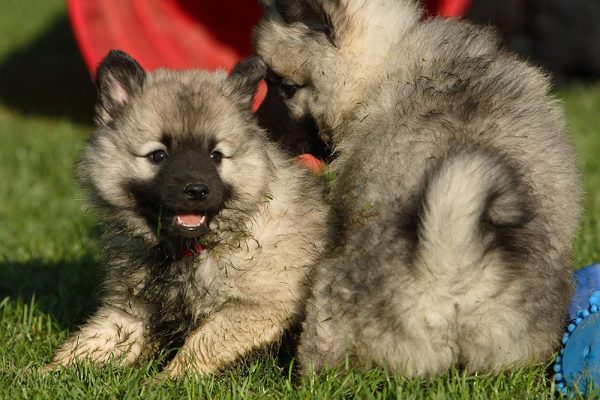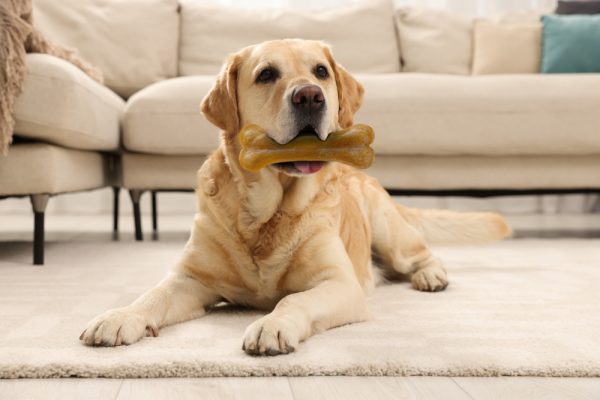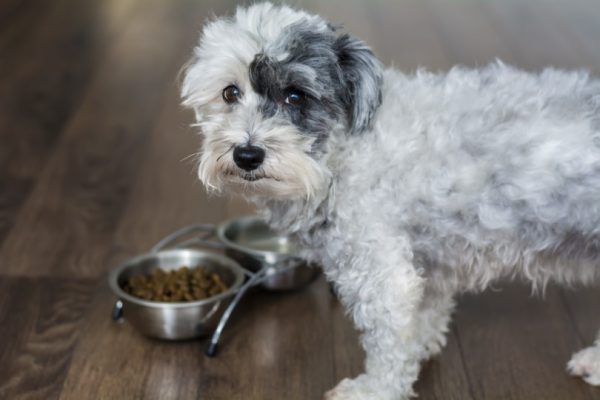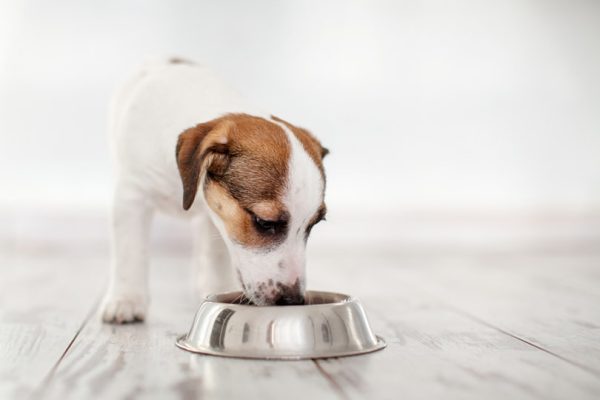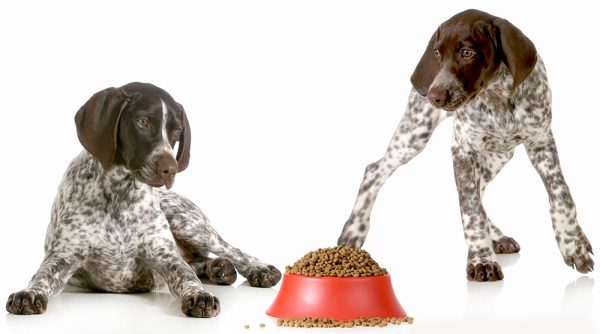In this article
View 2 More +Our dogs do all sorts of peculiar things. When they dream, they often whimper, kick their feet, and sometimes, they sound like they are on a full squirrel chase in La La Land. But have you noticed an increase in vocalization such as howling as they sleep?
While howling is likely very normal as a result of dreaming and nothing to be concerned about, it occasionally could signal an issue. In this article, we will explain the different reasons for the behavior so you can get to know your pup a little better.

The 3 Possible Reasons Why Dogs Howl in Their Sleep
1. Your Dog Is Dreaming
Dogs are adorable when they dream—but sometimes they can really give it the full dramatic effect! Dogs can make all sorts of vocalizations such as howling, barking, and whimpering that are usually accompanied by twitching, fidgeting, and other jerky movements.
In their sleep, they could be off on a squirrel chase, playing with a favorite family member, or even having a stress dream where their protective instincts are being challenged. Dogs usually enter this state of REM sleep about 20 minutes after drifting off.

Humans also have the same reactions to REM sleep. If you wake up a human in this state, they often report having dreams—and your dogs are experiencing the same, science finds. So, we are not too different from our pups after all!
If you have a hound dog of any kind, they might be particularly prone to howling in their sleep as a general breed trait.
These dogs generally let out a howl when they spot prey or get excited, so it’s no wonder they may do the same while dreaming. In fact, it can be alarming at first, but downright cute after you realize they are playing a cinematic movie in their noggin.
They don’t have to be a hound to howl, however. Vocal breeds like Huskies and Frenchies can do the same. Plus, puppies and younger dogs tend to dream more frequently than their older counterparts.
2. Your Dog Might Smell Something
We all know how impeccable a dog’s sense of smell is. Dogs on average can smell between 1,000 and 10,000 times better than a human—so superior is an understatement.
Don’t think this sense changes in their sleep—they can keep detecting odors that you can’t with their stellar olfactory senses. So, your dog might smell the delicious meal you’re cooking or sense a friend close by even while they dream.
If your dog is howling, they might sense something in their sleep and not quite be awake to run after it! In this case, it might cause them to vocalize.

3. Your Dog Is in Pain/Sick
A more unusual but possible reason your dog is howling in their sleep might be due to pain in some area of the body. Whether they are sleeping on their leg wrong or they have an illness or injury, howling might be the response to this sensation during sleep.
When they’re awake, it might be best to do a little touch test to see if you can find any tender points on your dog’s body. You might even see an abrasion, swelling, or cut that can lead to infection, so it’s best to get ahead of it.
Often, physical pain is the result of overuse of muscles, pressure on joints, and other physical strains. If your dog is getting older, it might be especially noticeable since sleeping can put pressure on certain parts of the body.
- Physical Injury
Your dog can get bumps, bruises, swelling, and other irritations just like any other mammal. Because they’re covered in hair, sometimes smaller or less significant injuries aren’t really visible to the naked eye.
However, when they’re sleeping in certain positions, it might trigger pain or nerve sensations, which can induce howling or other vocalizations while they sleep. It might not be enough to rouse them awake, but it is enough for them to sense.
- Illness
Plenty of illnesses can impact the way that your dog sleeps. Some of them will be recognizable during waking hours while others transfer over into sleep. This might be especially true if your dog has a fever of any kind.
If your dog is on certain antibiotics or medications to get rid of illness, this can also impact their quality of sleep, leading to an increase in vocalizations or other odd behaviors.
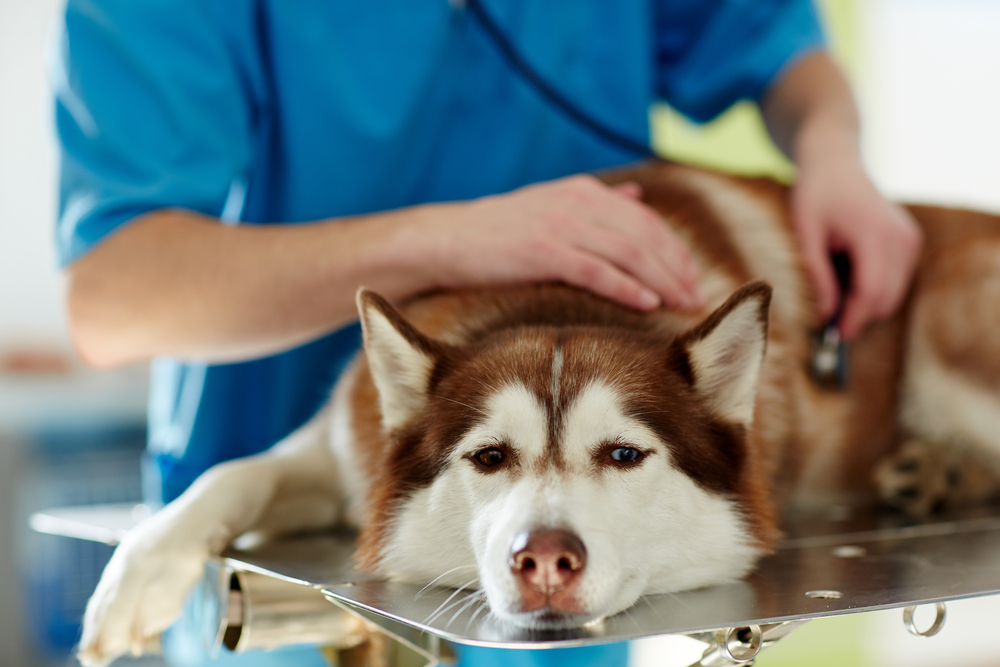
- Disease
Plenty of chronic diseases can contribute to pain during sleep. Some of these conditions can include dental problems, kidney stones, arthritis, osteoarthritis, and organ problems. These issues can cause pain during both awake and asleep hours and can manifest differently from dog to dog.
While this is likely not the cause, it is certainly within the realm of possibility and should be considered. Often, disease will be accompanied with other signs and symptoms, though not always.
It is important to take note of any changes you ever see in your dog’s behavior or demeanor in case something more serious is going on.

When You Should See a Vet
Anytime you notice a behavior in your dog that seems significant, it’s time to make them a vet appointment. Dreaming is a very common thing for dogs, so if you think that’s what it is, a vet appointment is likely not necessary.
However, if howling starts happening out of nowhere or you sense that your dog might be in pain, it is best to make the appointment. If you notice any behavioral changes in your dog, it is important to take note of any other signs or symptoms that you might be able to detect.
When you do go to your vet, make sure to mention any other odd things that might be going on so they can pinpoint the types of testing they need to do and reassure you in any way about the unknown.

Frequently Asked Questions
1. How Do I Know Howling Is Normal?
If you have a young pup that frequently dreams, it is completely normal to hear them vocalize in their sleep. However, if you are concerned in any way, it is best to do a quick observation to see if there might be an underlying issue going on.
2. What If Howling Is Happening Suddenly?
If your dog is pretty well established in their routines and they really haven’t howled in their sleep before, it’s definitely something to keep an eye on. While it shouldn’t raise too much concern initially, especially if it only happens one time, an increase in frequency can signal a problem.
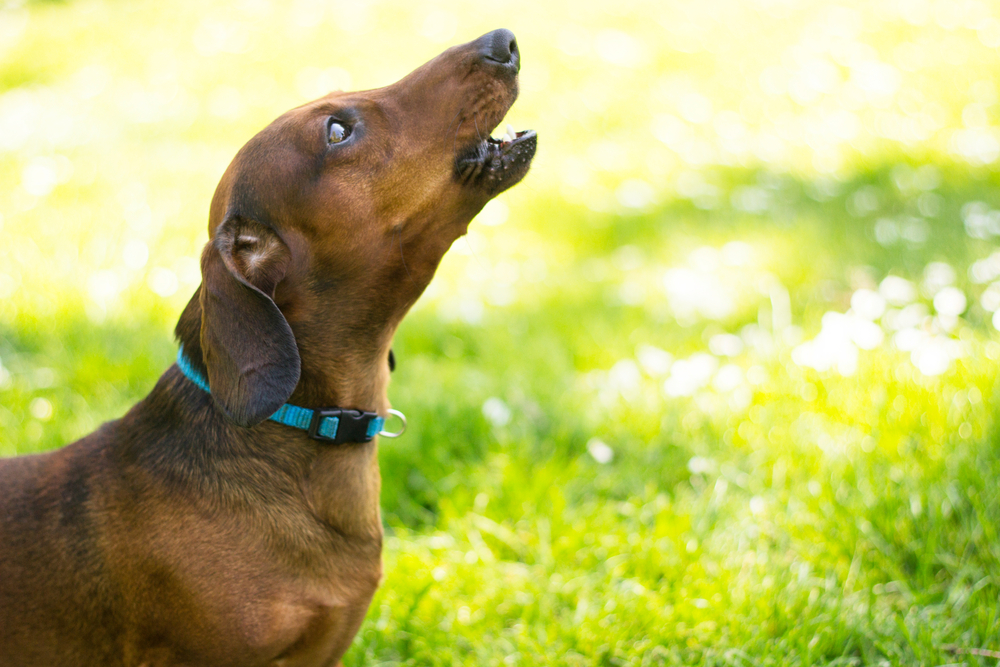
3. How Often Do Dogs Dream?
Dogs tend to dream more often as they are puppies, and the frequency tends to lessen as they get older. That doesn’t mean every dog is the same. Some dogs will dream frequently while others rarely ever do.
If you have a dog that doesn’t dream very often, it might be alarming when you see their eyes twitching, bodies wiggling, and hear howling and other vocalizations.
However, it’s pretty easy to tell and you can always watch a YouTube video of a dog dreaming if you have questions or concerns to make sure that’s what is happening.

Conclusion
Now you know that the most likely reason your dog is howling in their sleep is simply because they’re dreaming. Often dreaming is accompanied by a lot of other weird body movements, including darting eyes, jerking limbs, and lip twitching.
If you notice that it’s increasing in frequency or you are concerned, it’s best to get to your veterinarian as soon as possible to rule out any underlying health conditions.
Featured Image Credit: Lazy_Bear, Shutterstock


